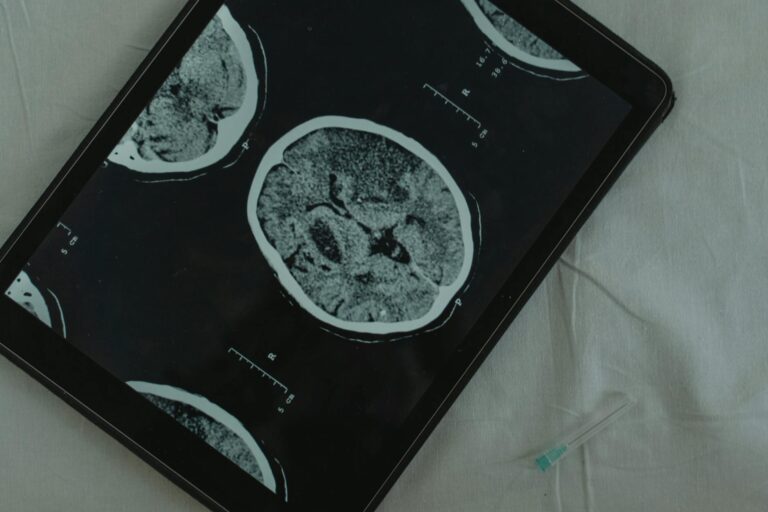Anxiety and Its Role in Accelerating Cognitive Decline
Anxiety is a common mental health issue that affects millions of people worldwide. It can manifest in various forms, from mild worry to severe panic attacks. While anxiety is often associated with emotional distress, recent studies have highlighted its potential impact on cognitive functions. Cognitive decline refers to a reduction in cognitive abilities such as memory, attention, and processing speed. This article explores how anxiety might contribute to accelerating cognitive decline.
### Anxiety and Cognitive Function
Research has shown that anxiety can significantly affect cognitive performance. In conditions like multiple sclerosis (MS), anxiety has been linked to reduced information processing speed, verbal learning, and working memory[1]. This relationship suggests that anxiety can impair cognitive functions by distracting individuals from focusing on tasks, thereby affecting their ability to process information efficiently.
Moreover, anxiety can create a vicious cycle where increased anxiety leads to poorer cognitive performance, which in turn exacerbates anxiety levels. This bidirectional relationship is supported by theories like Eysenck’s theory of attentional control, which posits that anxiety disrupts cognitive processes by increasing attention to internal and external distractions[1].
### Anxiety in Everyday Life
Beyond specific medical conditions, anxiety is also prevalent in the general population, particularly among younger generations. The widespread use of smartphones and social media has been linked to increased anxiety levels among teenagers and young adults[2][4]. This “anxious generation” faces challenges such as decreased attention span, reduced critical thinking skills, and increased feelings of isolation despite constant connectivity[2][4].
### Impact on Cognitive Decline
Anxiety can accelerate cognitive decline by affecting cognitive domains such as memory and attention. In older adults, anxiety has been associated with subjective cognitive decline, which is a precursor to more severe cognitive impairments like mild cognitive impairment or Alzheimer’s disease[3]. While the exact mechanisms are not fully understood, targeting anxiety could be crucial in preventing or slowing down cognitive decline.
### Conclusion
Anxiety plays a significant role in cognitive functioning and can potentially accelerate cognitive decline. Understanding this relationship is essential for developing strategies to manage anxiety and protect cognitive health. By addressing anxiety through both individual interventions and broader societal changes, such as reducing digital exposure and promoting real-world interactions, we can work towards mitigating its impact on cognitive decline.





